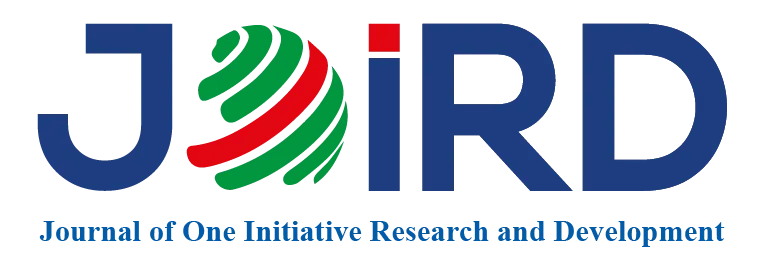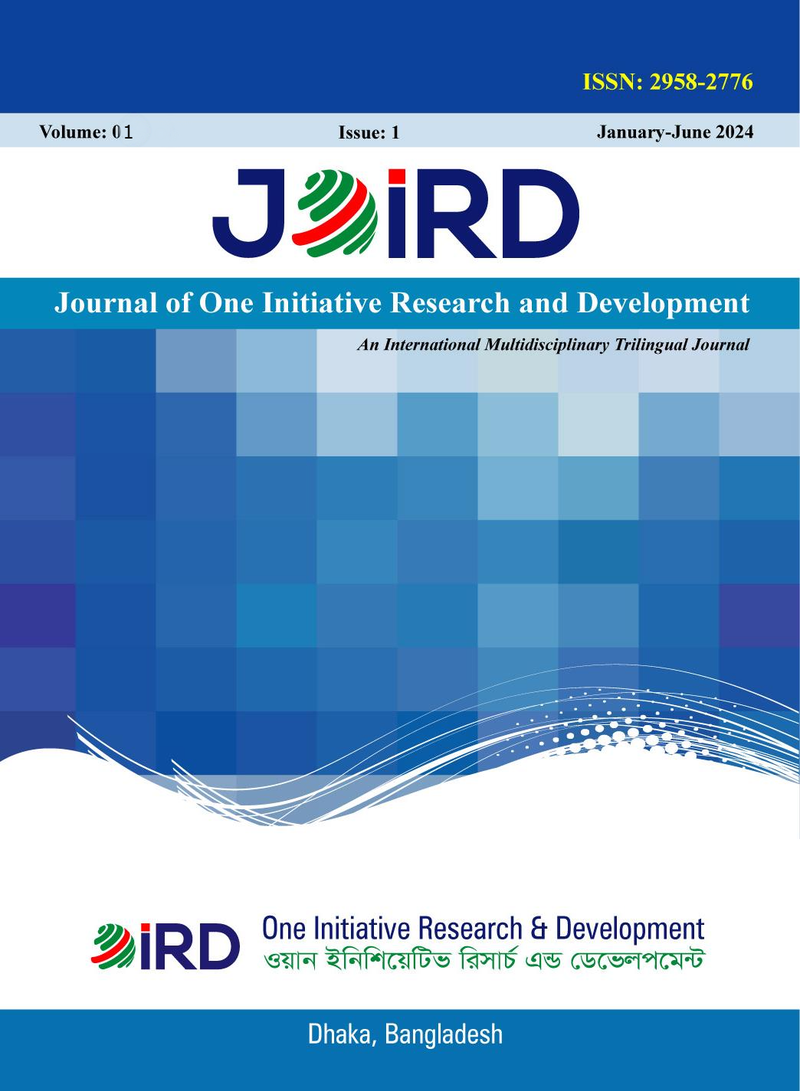Vol.: 01 Issue: 01 : Impact of Cyclone on Livelihood of Coastal People: A Study of Galachipa Upazila, Patuakhali District
Marjia Akter Apu:
Postgraduate Student, Department of Geography and Environment, University of Dhaka. Email: [email protected]
Dr. Mohammad Abdur Rob:
Professor, Department of Geography and Environment, University of Dhaka. Email: [email protected]
Keywords
Livelihood vulnerability index, Livelihood Vulnerability Index – Intergovernmental Panel on Climate Change, Climate change, Cyclone SIDR
JEL Classification:
Q51, R11
Abstract
The present research involves the findings of the studies on the impacts of cyclonic storms on the livelihood of coastal communities in Galachipa Upazila. Moreover, the perception of the people on the adverse effects of Cyclone SIDR is related to climate change to a great extent. The results of the livelihood vulnerability index (LVI) and Livelihood Vulnerability Index –Intergovernmental Panel on Climate Change (LVI-IPCC) show that Galachipa Upazila is modestly vulnerable to Cyclone. Based on demographics, diversity of livelihood strategies and social network strength of households study finds that Galachipa Upazila has a moderate capacity score. Moreover, the study finds that people who are dependent solely on agriculture and livestock of Galachipa Upazila are more vulnerable to climate change. Therefore, community adaptive capacity is fairly good for being quickly adaptive to any changing condition. The Education status of the study area also seemed to be better than in the rest. However, accounting for the current state of health as well as food security in the study area is moderately sensitive and water implies higher sensitivity to climate change impact. Galachipa Upazila has a higher exposure score. Natural Disaster and Climate Variability seemed to have contributed highly to the overall vulnerability. These results have implications for the initiation and implementation of climate change adaptation and household resilience projects by the government, donor agencies, and other related organizations as well as this research might be useful for policymakers, researchers, and further study

